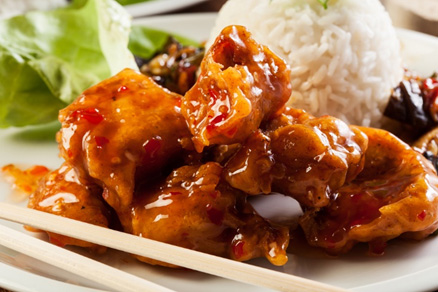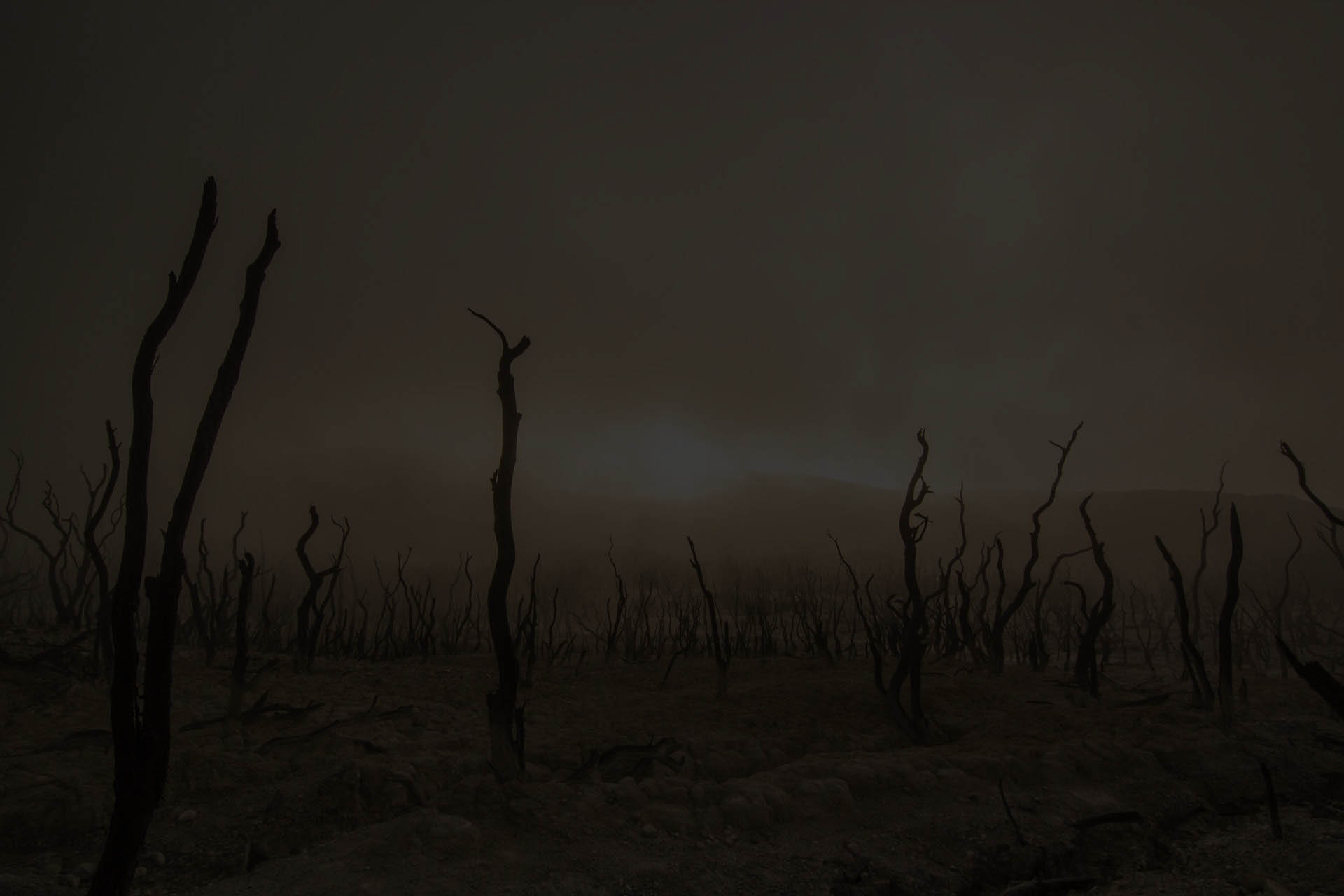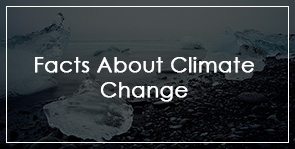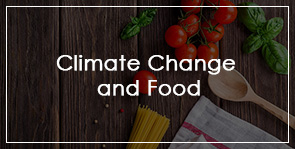
Is Your Wonton Soup Endangered?
Picture a world without wonton soup, fried rice, and General Tso’s chicken. Imagine no chocolate ice cream and fortune cookies for dessert.
Impossible?
Think again. According to the Orange Man in the White House, Climate Change is a Chinese Hoax. Fake news. The truth is that the endangered species list is no longer reserved for tigers, pandas, and orangutans. It’s headed straight to your dinner plate.
Here’s what scientists have to say about wonton soup.

Chickens (and chicken soup) are in trouble. If you eat one small chicken breast, a few times a week, the annual greenhouse gas emissions are about the same as driving 700 miles a year.
The wheat used to make the wonton skin isn’t faring much better. Many experts believe that wheat is the crop most vulnerable to climate change. Dr. Brian Gould, Professor of Agricultural and Applied Economics, University of Wisconsin, predicts that “down the road, [we will probably] have to change our lifestyles to have a more significant portion of our income spent on food.”
Add rising prices to feed and raise the animals we eat, crop failures due to climate change disasters like droughts, floods, and extreme weather, and it’s clear that our wonton soup is endangered.
When our government pushes coal mining and fossil fuels, defeats environmental protection, and claims global warming is a myth more greenhouse gases pollute our planet.
The Orange Man in the White House proudly proclaims, “climate change is a scam. I don’t believe in it.”
Who cares about 97% of scientists who maintain that climate change is here and getting worse, caused by human behavior?
Mr. Trump happily downs KFC in a $4 billion airplane and swigs cans of Diet Coke, fast food burgers, and two scoops of cherry vanilla ice cream. The seven out of ten Americans who agree with the scientists, plastics clogging (and killing) our oceans, soaring temperatures, and polar melts have no bearing on his choices.
“It’s freezing outside,” he comments, “where the hell is global warming?”

Here’s where it is: temperatures around the globe are climbing, extreme weather is becoming standard, and ocean levels are rising. Agriculture, dependent on weather and rainfall, is at risk. Fruit trees need cold for production, rice requires a lot of fresh water, and coffee plants are weakened by heat and unpredictable rainfall.
According to Australia’s Climate Institute, if current climate change continues at its present pace, half of the land presently used for coffee beans will be gone by mid-century. Rising sea levels will affect the fragile habitats of cocoa trees – cutting into chocolate production. Experts predict a 40% decline in avocados. The fast food chain, Chipotle, has warned that at the present rate it might be forced to stop serving guacamole.
Imagine the Super Bowl without tortilla chips and guacamole?
Renee Cho, writes in State of the Planet, from the Earth Institute at Columbia University, “crops can fall by 35%.”
Consider the oceans where species like lobster and salmon are moving to colder water, facing new competition for food and different diseases. The water is becoming more acidic from greenhouse gases and along with over-fishing, threaten marine extinctions.
“Global demand for food,” adds Cho, “could increase from 59-98% [by mid-century].”
Not only is wonton soup endangered but you can take shrimp fried rice, pork lo mein, and sweet & sour chicken off the menu too.

Our dinner plates are headed for tough times. Food insecurity is widespread, especially in poor and developing countries. We need to lead – not drop out – of global partnerships that try to contain climate change.
It’s not all bad news. Have you ever tried an Impossible or Beyond Burger (meatless)? How about soy, almond, or coconut milk instead of carbon-costly dairy products? Are your socks made from bamboo? Do you buy local produce?
They all help.
Don’t wait for the big names to make changes. We have more in common with koalas, polar bears, and butterflies than the guys in the Senate.
Jay Inslee, Washington State Governor and 2020 presidential candidate, says, “We are the first generation to feel the impact of climate change, and the last generation that can do something about it.”
It’s time to save your wonton soup! There’s a lot you can do today. Check out “Ten Easy Ways to Make a Difference NOW” on this website. Read my book, Is Your Wonton Soup Endangered? Vote for politicians that support climate change action. Don’t let the climate change deniers convince you.
Here are a few ways to take action now!

Take Action!
Go Green and Think Blue
1. Educate yourself. Learn which products are biodegradable and good for you and the planet. Chew gum without plastic. Check out websites like The Sentient Project https://www.thesentientproject.org/, NASA Global Climate Change https://climate.nasa.gov/, RealClimate http://www.realclimate.org/ among many others that offer a wealth of information, including research, publications, how to take action, and explanations of what’s happening.
2. Go Green.
3. Bicycle safely wherever possible instead of driving.
4. Buy local produce; shop at farmer’s markets; and if possible, plant your own garden.
5. Control your use of plastic with reusable items like shopping bags, containers, non-plastic wraps, and straws. Change to re-usable silicone bags and food wraps. Drink from re-usable water bottles not the one-time use throwaway plastic bottles.
6. Eat Earth (and people) healthy (prioritizing plant-based foods and proteins).
7. Support organizations and politicians working to protect the oceans and our environment.
8. Never support climate change deniers!
9. Encourage your friends and family to choose sustainable, organic food.
10. Try going “meatless Monday” or several days a week
11. Experiment with plant-based protein.
13. Buy local whenever possible.
14. Join groups and organizations, on and offline, that address the issues of climate change. 16. Read and share the mini book, Is Your Wonton Soup Endangered?







